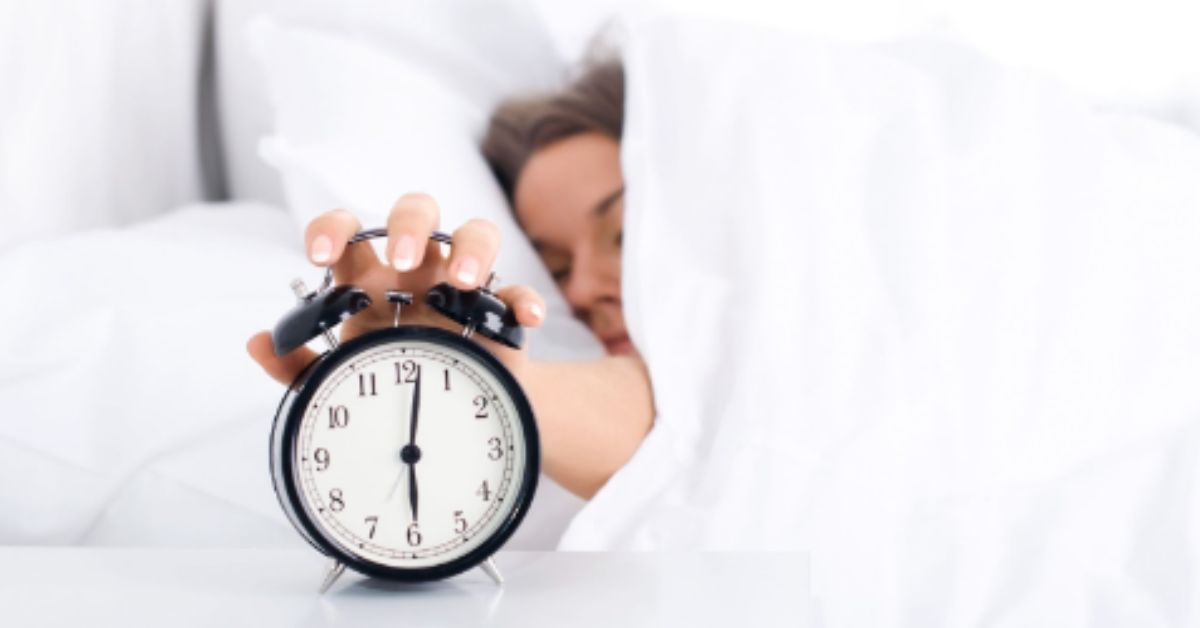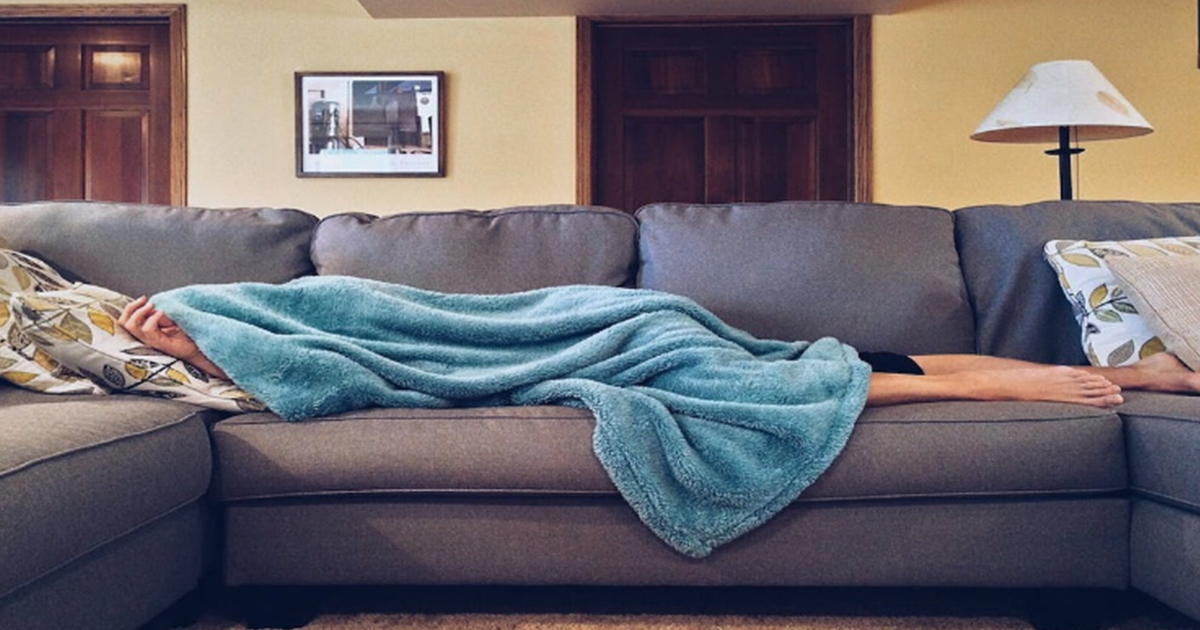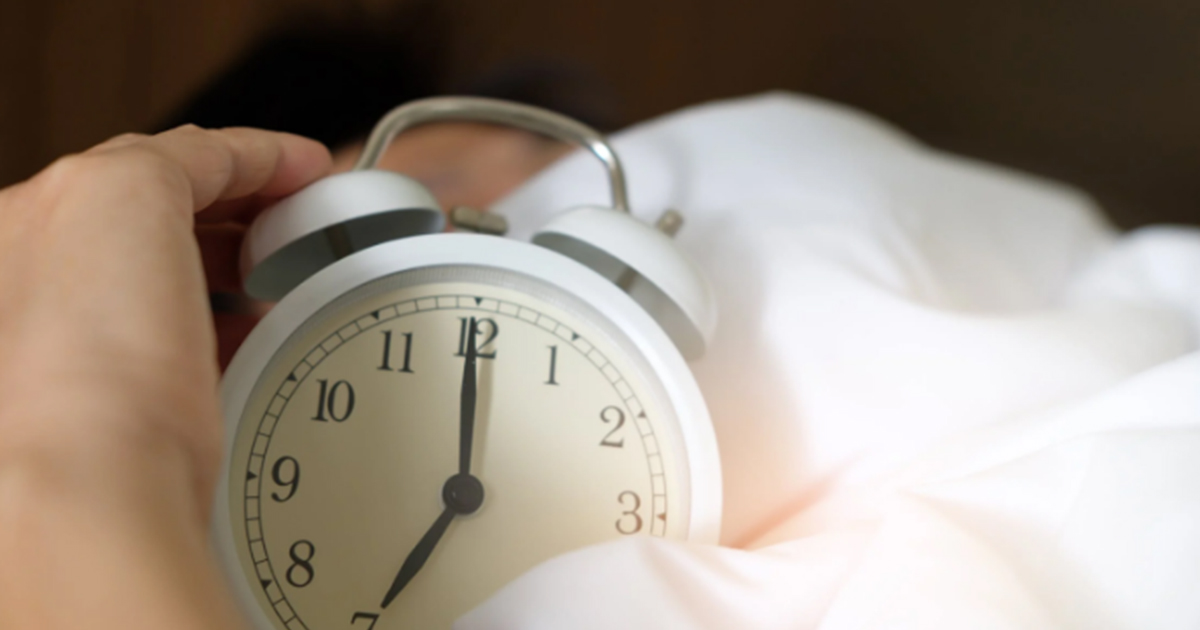Life as an adult comes with plenty of obstacles, challenges, and frustrations that often prevent us from getting a healthy amount of sleep. Our sleep schedules are frequently interrupted by work, travel, stress, or other demands on our minds and it can have a negative impact on our body’s internal clock. A broken internal clock can create a long list of complications in our daily lives, as well as our sleeping habits. Here, we will discuss how our internal clocks work, and steps you can take to reset your internal clock.
What is an Internal Clock?
What we identify as our internal clock is actually a series of biological functions that control the body’s cycle of wakefulness, also known as the circadian rhythm. When your circadian rhythm is working the way it’s supposed to, you will begin to feel tired in the evenings, and awake during the day, without the need of any assistance. People are naturally different from each other, so natural variations can exist between individuals. Genetics and behavior patterns can also cause a “normal” circadian rhythm to be skewed, causing people to be prone to nocturnal alertness, or what we commonly refer to as a “night owl.” Regardless of what your body considers to be “normal”, its rhythm can still be broken by interruptions caused by internal cues or external cues such as light, sound, or changes in the atmosphere. However, people can still rely on these next few tips to reset their rhythms.
Resetting Your Broken Clock
Now that you have a quick understanding of how your internal clock works and the basics of the circadian rhythm, we can focus on how to manipulate it to your advantage. One major factor that researchers focus on when it comes to sleep habits is light. Since our brains are normally programmed to respond to light and darkness with sleepiness or wakefulness, controlling the light in your surroundings can be an important tool in how to fix your sleep schedule. Another important factor is your metabolism. Digestion puts your body to work, and it works much harder than most people realize. Researchers have noticed that sleep patterns can be influenced by food availability as well. Therefore, a good trick to manipulating your body’s internal clock, and its expectancy for food, would be undergoing a 16-hour fast, and then resuming normal eating patterns right after. This tactic plays on the synchronization of being awake when it’s time to eat, and asleep when it isn’t, and has proven to be effective. However, the fasting method is not recommended if actual jetlag is causing the disruption of your sleep schedule.
Book an Appointment Today at Jacksonville Sleep Center!
Diagnosing and treating a sleeping disorder is vital to your timely recovery and return to a productive daily life. At the Jacksonville Sleep Center, we offer the latest technology for sleep disorder diagnosis, assessment, and treatment. If you are struggling with a broken internal clock, and can’t seem to get your sleep schedule back under control, it may be time to speak to a professional to determine if other obstacles are present. Schedule an appointment with us today, at a sleep center near you.






